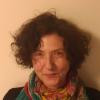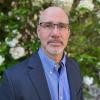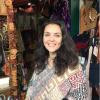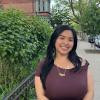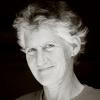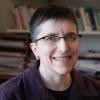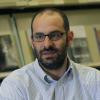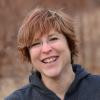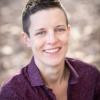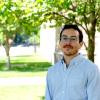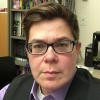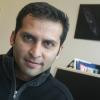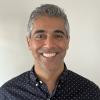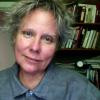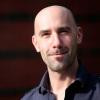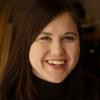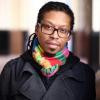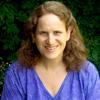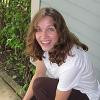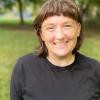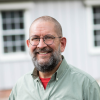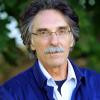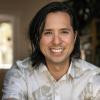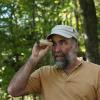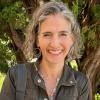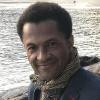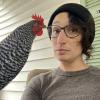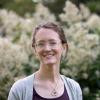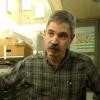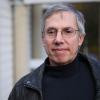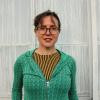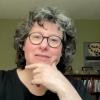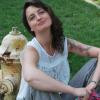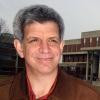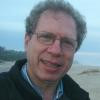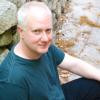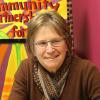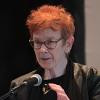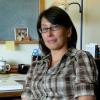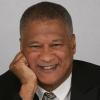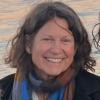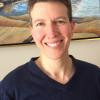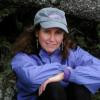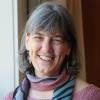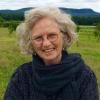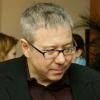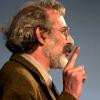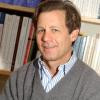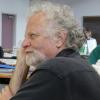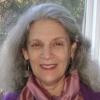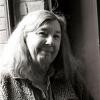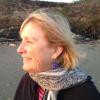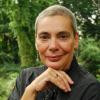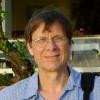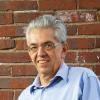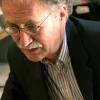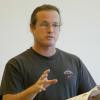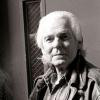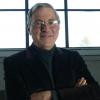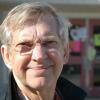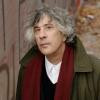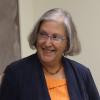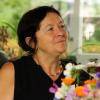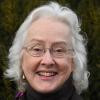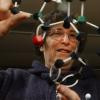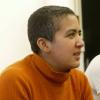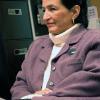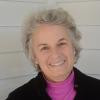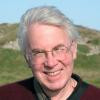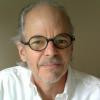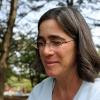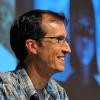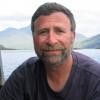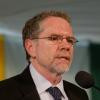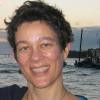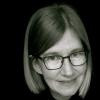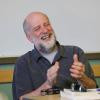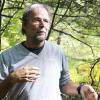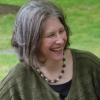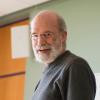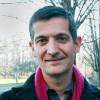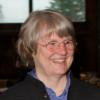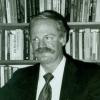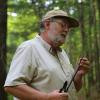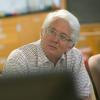Ernest Alleva
Emeritus Senior Faculty Associate
Learn More
Dula Amarasiriwardena
Professor Emeritus of Chemistry
Learn More
Carollee Bengelsdorf
Professor Emerita of Politics
Learn More
Aaron Berman
Professor Emeritus of History
Learn More
Joan Braderman
Professor Emerita of Video, Film and Media Studies
Learn More
William Brand
Professor Emeritus of Film and Photography
Learn More
William Brayton
Professor Emeritus of Art
Learn More
Myrna Breitbart
Professor Emerita of Geography/Urban Studies
Learn More
Merle S. Bruno
Professor Emerita of Biology
Learn More
Margaret Cerullo
Professor Emerita of Sociology
Learn More
Kimberly Chang
Associate Professor Emerita of Cultural Psychology and Creative Nonfiction
Learn More
Robert Coles
Associate Professor Emeritus of African-American Literature
Learn More
Elizabeth Conlisk
Professor Emerita of Public Health
Learn More
Jane Couperus
Professor Emerita of Developmental Cognitive Neuroscience
Learn More
Charlene D'Avanzo
Professor Emerita of Ecology
Learn More
Susan Darlington
Professor Emerita of Anthropology and Asian Studies
Learn More
Ellen Donkin
Professor Emerita of Theatre
Learn More
Marty Ehrlich
Professor Emeritus of Jazz and Contemporary Music
Learn More
Mark Feinstein
Professor Emeritus of Linguistics
Learn More
Marlene Fried
Professor Emerita of Philosophy
Learn More
Alan Goodman
Professor Emeritus of Biological Anthropology
Learn More
Robert Goodman
Professor Emeritus of Architecture
Learn More
Deborah Gorlin
Emerita Senior Faculty Associate
Learn More
Lynne Hanley
Professor Emerita of Literature and Writing
Learn More
Betsy Hartmann
Professor Emerita of Development Studies
Learn More
Thomas Haxo
Associate Professor Emeritus of Sculpture
Learn More
Jacqueline Hayden
Professor Emerita of Film and Photography
Learn More
Constance Valis Hill
Five College Professor Emerita of Dance
Learn More
Baba Hillman
Five College Professor Emerita of Film and Video
Learn More
Alan Hodder
Professor Emeritus of Comparative Religion
Learn More
Norman Holland
Professor Emeritus of Hispano Literature
Learn More
Frank Holmquist
Professor Emeritus of Politics
Learn More
Christopher D. Jarvis
Professor Emeritus of Cell Biology
Learn More
Paul Jenkins
Professor Emeritus of Poetry
Learn More
David C. Kelly
Professor Emeritus of Mathematics
Learn More
L. Brown Kennedy
Professor Emerita of Literature
Learn More
Michael Klare
PAWSS Professor Emeritus
Learn More
William Kramer
Professor Emeritus of Theatre
Learn More
Michael Lesy
Professor Emeritus of Literary Journalism
Learn More
Sura Levine
Professor Emerita of Art History
Learn More
Jill Lewis
Professor Emerita of Literature and Gender Studies
Learn More
Daphne Lowell
Professor Emerita of Dance
Learn More
Nancy Lowry
Professor Emerita of Chemistry
Learn More
Kara Lynch
Associate Professor Emerita of Video and Critical Studies
Learn More
Judith Mann
Professor Emerita of Art
Learn More
Lourdes Mattei
Associate Professor Emerita of Clinical Psychology
Learn More
Sandra Matthews
Associate Professor Emerita of Film and Photography
Learn More
Robert Meagher
Professor Emeritus of Humanities
Learn More
James Miller
Professor Emeritus of Communications
Learn More
Laurie Nisonoff
Professor Emeritus of Economics
Learn More
Rebecca Nordstrom
Professor Emerita of Dance
Learn More
Sarah Partan
Associate Professor Emerita of Animal Behavior
Learn More
Christopher Perry
Professor Emeritus of Media Arts and Sciences
Learn More
Robert Rakoff
Professor Emeritus of Politics and Environmental Studies
Learn More
Flavio Risech-Ozeguera
Professor Emeritus of Law
Learn More
Monique Roelofs
Professor Emerita of Philosophy
Learn More
Annie Rogers
Professor Emerita of Psychoanalysis and Clinical Psychology
Learn More
Mary Russo
Professor Emerita of Literature and Critical Theory
Learn More
Will Ryan
Emeritus Senior Faculty Associate
Learn More
Brian Schultz
Associate Professor Emeritus of Entomology and Ecology
Learn More
Ellie Siegel
Emerita Senior Faculty Associate
Learn More
Laura Sizer
Professor Emerita of Philosophy
Learn More
Lee Spector
Professor Emeritus of Computer Science
Learn More
Neil Stillings
Professor Emeritus of Psychology
Learn More
Jason M. Tor
Professor Emeritus of Microbiology
Learn More
Susan Tracy
Professor Emerita of History and American Studies
Learn More
Daniel Warner
Professor Emeritus of Music
Learn More
Stanley Warner
Professor Emeritus of Economics
Learn More
Lawrence J. Winship
Professor Emeritus of Botany
Learn More
Frederick H. Wirth
Associate Professor Emeritus of Physics
Learn More
Barbara Yngvesson
Professor Emerita of Anthropology
Learn More


